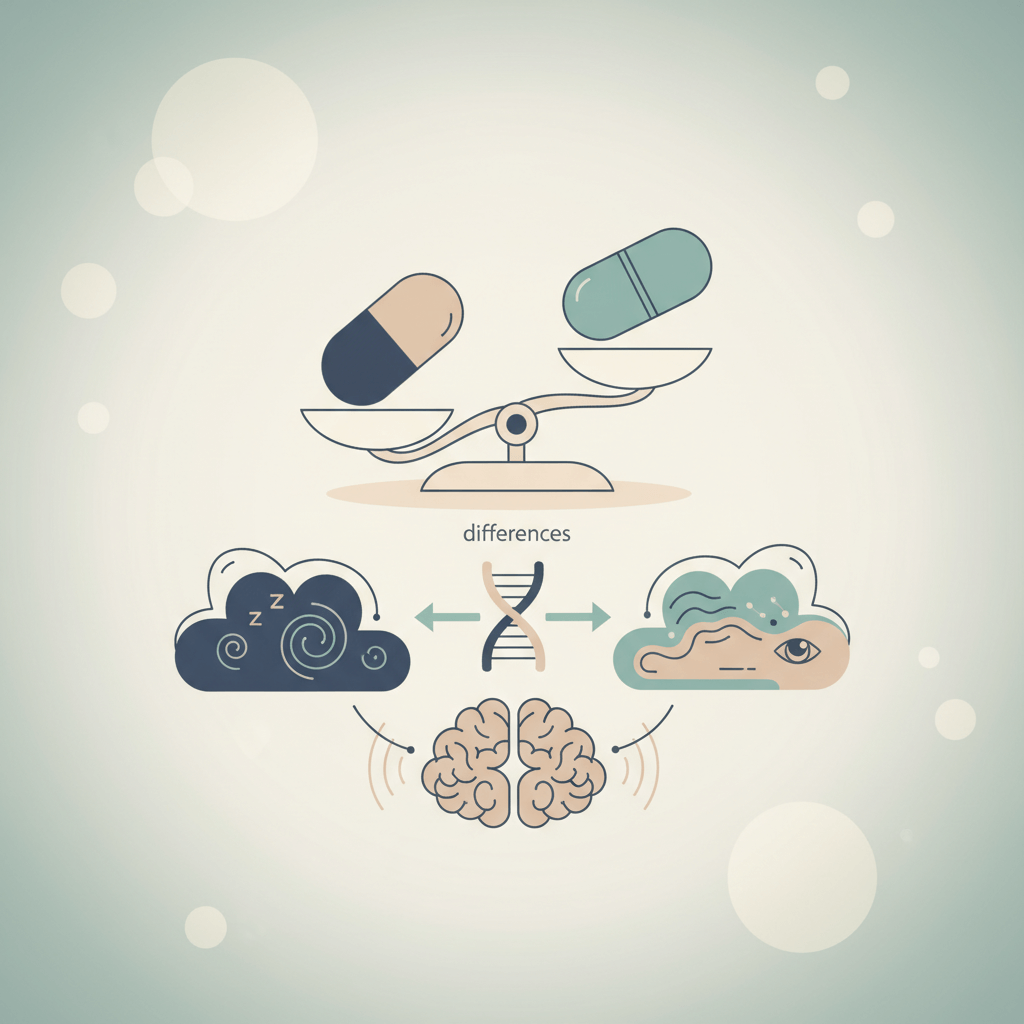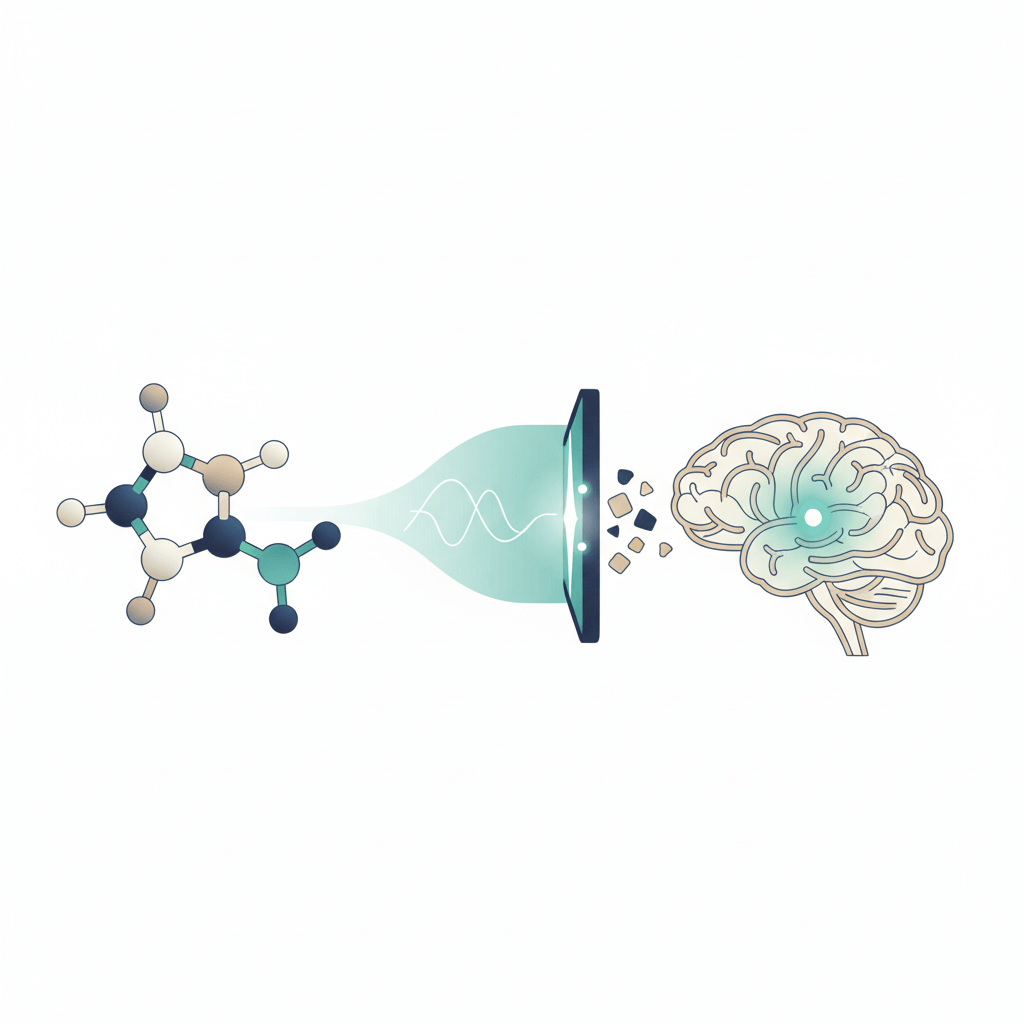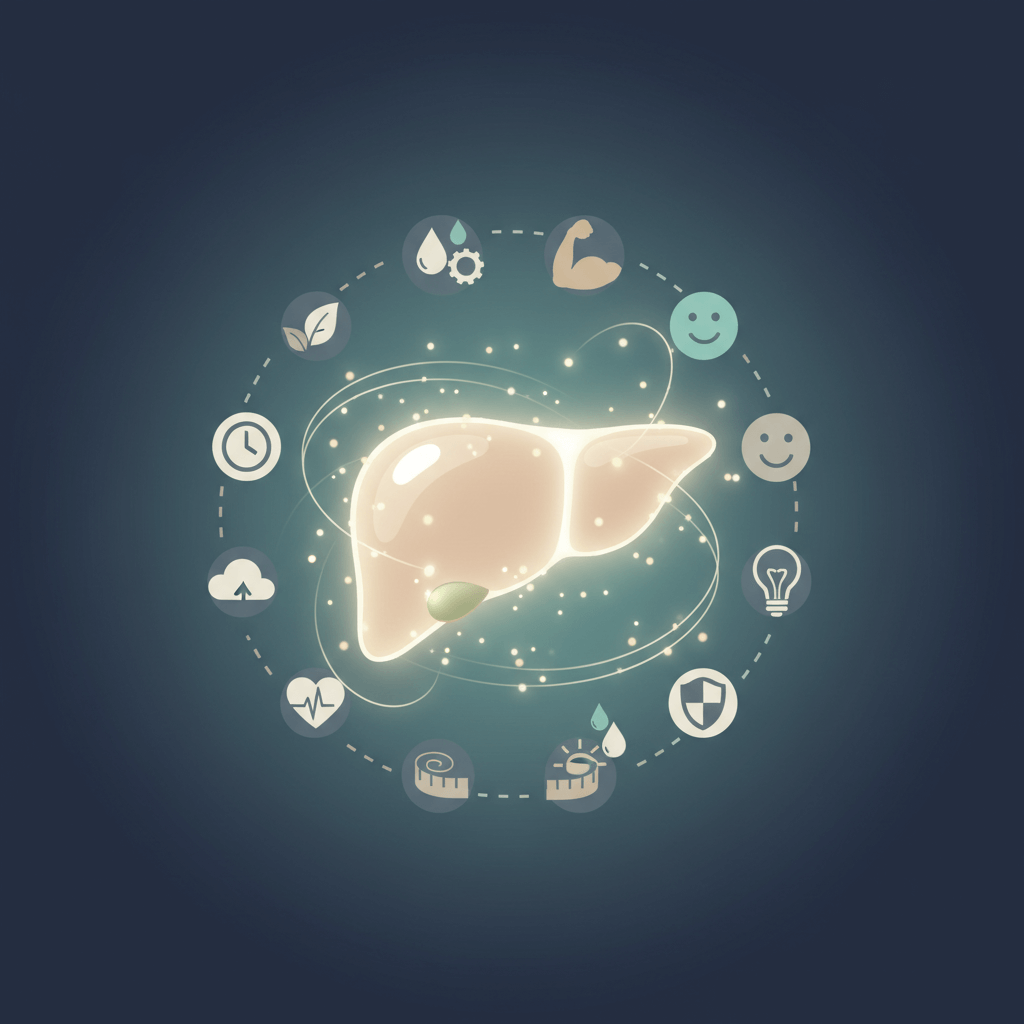Understanding Addiction and Recovery
In order to comprehend the length it takes to overcome an addiction, it is essential to have a clear understanding of addiction itself and the journey of recovery.

What is Addiction?
Addiction refers to a complex condition characterized by the compulsive and uncontrollable use of substances or engagement in behaviors despite negative consequences. It is a chronic disease that affects the brain, leading to changes in motivation, reward, and memory circuits. Common forms of addiction include substance addiction (such as drugs or alcohol) and behavioral addiction (such as gambling or gaming).
Addiction is a multifaceted issue influenced by various biological, psychological, and social factors. It can have a profound impact on an individual's physical and mental health, relationships, and overall quality of life.
The Journey of Recovery
The journey of recovery is a deeply personal and unique experience for each individual. It involves a commitment to change, self-reflection, and the development of healthy coping mechanisms. Recovery is not a linear process but rather a lifelong journey filled with ups and downs.
The recovery process typically involves several stages, including acknowledgement of the problem, seeking help, detoxification (if necessary), and ongoing treatment and support. It requires a combination of determination, support, and professional guidance.
Support systems play a crucial role in the recovery process. Participating in addiction recovery support groups can provide a sense of belonging and encouragement. Hearing addiction recovery success stories from others who have overcome similar challenges can be inspiring and offer hope for those in the early stages of recovery.
It is important to note that the journey of recovery is highly individualized, and the length of time it takes to overcome addiction can vary greatly. Factors such as the type and severity of addiction, the presence of co-occurring disorders, and individual characteristics can influence the duration of the recovery process.
Understanding addiction and the journey of recovery is an essential step in breaking free from the chains of addiction. By seeking professional help, building a strong support system, and committing to the recovery process, individuals can embark on a path towards a healthier, more fulfilling life.
Factors Affecting the Length of Recovery
Recovery from addiction is a highly individualized journey, and the length of time it takes to break an addiction can vary from person to person. Several factors come into play when determining the duration of recovery. These factors include the type of addiction, severity of addiction, and individual factors.
Type of Addiction
The type of addiction a person is struggling with can significantly impact the length of their recovery. Different substances and behaviors can have varying effects on the brain and body, leading to distinct challenges during the recovery process.
For example, overcoming a nicotine addiction may take a different amount of time compared to overcoming an addiction to alcohol or opioids. The specific characteristics of each substance or behavior, as well as their impact on the brain and body, influence the complexity and duration of the recovery journey.
Severity of Addiction
The severity of addiction also plays a crucial role in determining the length of recovery. The severity is often assessed based on factors such as the frequency and duration of substance use, the presence of physical and psychological dependence, and the negative consequences experienced as a result of the addiction.
Mild or moderate addictions may be addressed more quickly, while severe addictions may require a more comprehensive and prolonged recovery process. It's important to note that the severity of addiction is not solely determined by external factors but also by the individual's subjective experience and the impact addiction has had on various aspects of their life.
Individual Factors
Individual factors encompass a wide range of personal characteristics and circumstances that can influence the length of recovery. These factors include but are not limited to:
- Motivation: The individual's level of motivation and commitment to change can significantly impact the speed and success of their recovery process.
- Support System: The presence of a strong support system, such as family, friends, or addiction recovery support groups, can provide invaluable assistance and contribute to a more effective and sustained recovery.
- Co-occurring Disorders: The presence of co-occurring mental health disorders, such as anxiety or depression, can complicate the recovery process and potentially prolong it. In these cases, comprehensive treatment that addresses both the addiction and the co-occurring disorders is essential.
- Access to Treatment: The availability and accessibility of addiction treatment resources, including therapy, counseling, and medical interventions, can impact the duration of recovery. It's important to seek professional guidance and explore appropriate treatment options to support the recovery journey.
- External Stressors: External stressors, such as financial difficulties, relationship issues, or legal problems, can influence the length of recovery by adding additional challenges and obstacles. Identifying and addressing these stressors is crucial for sustained recovery.
It's important to remember that the length of recovery is unique to each individual, and comparisons should be avoided. The focus should be on personal progress, the development of healthy coping mechanisms, and the restoration of a fulfilling life beyond addiction.
Understanding the factors that affect the length of recovery can help individuals and their loved ones better navigate the journey toward breaking free from addiction. By exploring professional guidance, supportive resources, and developing a personalized recovery plan, individuals can increase their chances of successful and lasting recovery.

Timeline of Recovery
The journey of overcoming addiction is a personal and unique experience for each individual. While there is no fixed timeline for breaking an addiction, understanding the general progression can provide valuable insight and guidance. The recovery process can be divided into three main stages: early stages of recovery, first month of recovery, and first year of recovery.
Early Stages of Recovery
The early stages of recovery are characterized by the decision to seek help and make a commitment to change. This period often involves detoxification, where the body eliminates the substances or behaviors that have been causing harm. The duration of the early stages can vary depending on the type and severity of addiction, as well as individual factors.
During this stage, individuals may experience intense cravings, withdrawal symptoms, and emotional challenges. It is important to have a strong support system in place, such as addiction recovery support groups, to provide guidance and encouragement. Developing healthy coping mechanisms and engaging in therapeutic interventions can also help individuals navigate this critical phase of recovery.
First Month of Recovery
The first month of recovery is a crucial period as individuals begin to adjust to a substance-free or healthier lifestyle. This stage is marked by physical and psychological adjustments, as the body and mind adapt to the absence of addictive substances or behaviors. It is common to encounter challenges such as mood swings, cravings, and triggers during this phase.
The support of a treatment program, such as the addiction recovery process, can be invaluable during this time. Structured therapy, counseling sessions, and participation in support groups can provide individuals with the tools and strategies necessary to navigate the challenges of early recovery.
First Year of Recovery
The first year of recovery is a significant milestone in the journey towards breaking an addiction. During this period, individuals continue to build on the progress made in the earlier stages of recovery. While the intensity of cravings and challenges may decrease over time, it is important to remain vigilant and committed to maintaining sobriety or a healthy lifestyle.
The first year of recovery is an opportunity for individuals to establish new habits, develop coping mechanisms, and improve overall well-being. It is crucial to celebrate milestones and acknowledge the achievements made along the way. Addiction recovery success stories can provide inspiration and motivation for individuals during this phase.
The timeline of recovery is highly individualized, and the duration of each stage can vary. It is important to remember that recovery is a lifelong process, and addiction relapse prevention strategies should be implemented consistently. With patience, perseverance, and the right support, individuals can overcome addiction and embark on a healthier and more fulfilling life.
Overcoming Challenges
Overcoming addiction is not an easy journey, but with the right strategies and support, it is possible to break free from its grip. In this section, we will explore three key aspects of addiction recovery: relapse prevention, support systems, and therapeutic interventions.
Relapse Prevention
One of the major challenges individuals face during the recovery process is the risk of relapse. Relapse refers to a return to substance use after a period of abstinence. It is important to understand that relapse does not signify failure, but rather serves as an opportunity for learning and growth.
To prevent relapse, individuals in recovery can employ various strategies such as:
- Identifying triggers: Recognizing situations, emotions, or people that may lead to cravings or relapse is crucial. By identifying these triggers, individuals can develop coping mechanisms and strategies to avoid or manage them effectively.
- Building a support network: Establishing a strong support system is essential for long-term recovery. This can include friends, family, support groups, or addiction recovery support groups. Having people who understand and can provide encouragement and guidance can greatly enhance the chances of maintaining sobriety.
- Developing healthy coping mechanisms: Finding healthy ways to cope with stress, anxiety, and other emotions is essential in preventing relapse. Engaging in activities such as exercise, mindfulness, or hobbies can help individuals manage their emotions and reduce the desire to turn to substances.
Support Systems
Having a strong support system is vital for individuals on the path to recovery. Support can come from various sources, including family, friends, therapists, and addiction recovery support groups. These support systems provide individuals with encouragement, accountability, and a safe space to share their experiences and challenges.
Support systems can offer:
- Emotional support: Having someone to lean on during difficult times can make a significant difference. Emotional support can provide reassurance, empathy, and understanding, helping individuals stay motivated and focused on their recovery goals.
- Practical assistance: Support systems can also offer practical assistance, such as helping individuals find treatment resources, attending therapy sessions together, or assisting with daily tasks. This practical support can alleviate some of the burdens and challenges faced during the recovery process.
- Accountability: Being accountable to someone or a group can help individuals stay committed to their recovery journey. Support systems can provide the necessary structure and guidance to hold individuals accountable for their actions and decisions.
Therapeutic Interventions
Therapeutic interventions play a crucial role in addiction recovery. They help individuals address the underlying causes of addiction, develop coping skills, and learn healthier ways of living. Therapeutic interventions can take various forms, including individual therapy, group therapy, and family therapy.
Some common therapeutic interventions include:
- Cognitive-Behavioral Therapy (CBT): CBT focuses on identifying and changing negative thought patterns and behaviors that contribute to addiction. It helps individuals develop healthier coping mechanisms and build resilience.
- Motivational Interviewing: This technique aims to enhance an individual's motivation and commitment to change. It involves collaborative conversations that explore a person's ambivalence towards recovery and helps them find their own intrinsic motivation to overcome addiction.
- Family Therapy: Involving family members in the therapy process can be beneficial, as it addresses family dynamics, communication patterns, and provides a supportive environment for healing and recovery.
By incorporating relapse prevention strategies, building a strong support system, and engaging in therapeutic interventions, individuals can increase their chances of long-term recovery. It is important to remember that overcoming addiction is a unique journey, and the length of recovery may vary for each individual.
Patience and Persistence
When it comes to overcoming addiction, patience and persistence play crucial roles in the recovery process. Breaking free from addiction is not a quick or linear journey, but rather a lifelong commitment to change. In this section, we will explore the importance of time, celebrating milestones, and long-term maintenance in the context of addiction recovery.
The Importance of Time
Recovery is a process that takes time. It is important to understand that there is no fixed timeline for breaking an addiction. The duration of recovery varies from person to person and depends on various factors, such as the type and severity of addiction, as well as individual factors. It is essential to give yourself or a loved one the time needed to heal and make progress. Remember, recovery is a marathon, not a sprint.
During the recovery journey, it is common to experience ups and downs. There may be setbacks and challenges along the way. It is crucial to practice self-compassion and understand that setbacks do not mean failure. Recovery is a process of growth and learning, and it takes time to develop new habits and coping mechanisms. Be patient with yourself or your loved one and embrace the journey.
Celebrating Milestones
Throughout the recovery process, it is important to celebrate milestones as they provide a sense of accomplishment and motivation to keep going. Milestones can vary for each individual and may include time milestones (e.g., days, weeks, months, years of sobriety), achieving specific goals, or reaching personal milestones such as rebuilding relationships or pursuing new hobbies.
Celebrating milestones not only acknowledges the progress made but also reinforces the commitment to recovery. It is an opportunity to reflect on the challenges overcome and the growth achieved. Celebrations can be personal, shared with loved ones, or even within a support group. They provide a sense of validation and encouragement to continue on the path of recovery.
Long-Term Maintenance
Recovery from addiction is not a destination but an ongoing journey. Long-term maintenance is a critical aspect of sustaining sobriety and preventing relapse. It involves adopting healthy habits, maintaining a strong support system, and continuing therapeutic interventions.
As individuals progress in their recovery, it is important to establish a daily routine that supports their well-being. This may include practicing self-care, engaging in regular exercise, adopting healthy eating habits, and managing stress effectively. By incorporating these habits into daily life, individuals can create a solid foundation for long-term maintenance.
Building and maintaining a strong support system is also crucial in long-term recovery. This can involve attending addiction recovery support groups, seeking guidance from mentors or sponsors, and staying connected with loved ones who provide support and understanding.
Therapeutic interventions, such as counseling or therapy, can continue to play a significant role in long-term maintenance. These interventions help individuals address underlying issues, develop coping strategies, and navigate the challenges that may arise during the recovery journey. Regular check-ins with a therapist or counselor can provide ongoing guidance and support.
By recognizing the importance of time, celebrating milestones, and prioritizing long-term maintenance, individuals can navigate the complexities of addiction recovery with patience and persistence. Remember, the recovery journey is unique to each individual, and with the right support and mindset, it is possible to break free from addiction and lead a fulfilling life.
Sources
How Long Does it Take to Break the Habit of Addiction? - Duffy's Napa Valley Rehab
How Long Does It Take to Break an Addiction? - San Antonio Recovery Center
https://americanaddictioncenters.org/rehab-guide/overcoming-addiction













